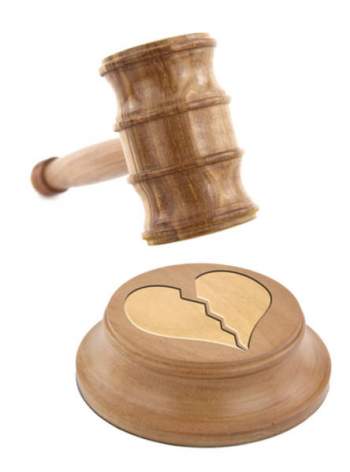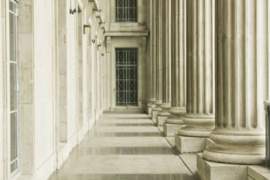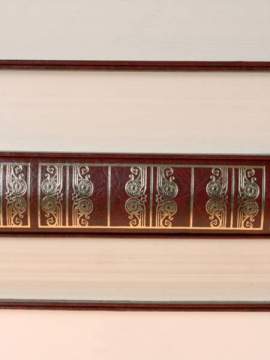
What Are Secret Proceedings

Popular In Constitution
Purpose Of Lifetime Appointment And Pros And Cons Enumerated Powers Bicameral Legislature Background Article 3 Of The Constitution We The People 1st Amendment Who Wrote The Constitution Judicial Review Equal Protection Clause 5th Amendment 10th Amendment Three Fifths Compromise
The Federal Supreme Court has had a long history of keeping its inner workings and proceedings in secret from the media and the general public. The media has struggled to cover the Supreme Courts, as records which are released of the cases come in the form of occasional public events and brief printed releases, not revealing the pending cases and processes that take place behind closed doors.
The extreme secrecy of the Federal Supreme Court has been considered to be a serious problem, hurting the general public who know little about the Court justices that have such an abundance of power over their liberties. In the later years of the 2000s, however, the view of the Federal Supreme Court has changed quite drastically. Current justices have taken a more open approach, writing books, becoming more open to journalists and even appearing on television.
It is quite apparent that the closed doors and secrecy of the Supreme Courts are beginning to change. In fact, many reporters believe that the Supreme Court has become an open institution with the only secret meetings occurring during private Justice conferences.
Justice Antonin Scalia
Justice Antonin Scalia of the Federal Supreme Court is a prime example of the Court's shift from secrecy and lack of public openness to a slightly more open system of communication. A social conservative, Scalia was one of the Justices of the Supreme Court which voted to cease the Florida recount during the 2000 election, a decision which led to the victory of George W. Bush.
Justice Scalia, who was appointed to the Supreme Court in 1986 by President Ronald Reagan, has been notorious for shunning the media and ignoring their requests for information while citing his First Amendment right to keep quiet when it comes to media attention. He has ignored reporters in the past who have approached him and even had his security team erase tapes recording one of his speeches.
In 2008, however, Scalia has begun a more open policy toward the media, due to encouragement and pressure from his children and because of the release of his book. He has spoken to the BBC in London and even hosted a question and answer session with a local high school, which was also broadcasted live on television.
Even so, Scalia continues to criticize media coverage and has expressed his arguments against broadcasting court proceedings on television. His reasoning was his concern that a broadcast network would only air certain clips of the proceedings, instead of what really happened in the Supreme Courts, deeming this practice a "mis-education of the American people."
C-SPAN
C-SPAN (Cable-Satellite Public Affairs Network) is an American cable television network, which was created to air governmental meetings and public affair gatherings. Owned by the National Cable Satellite Corporation, C-SPAN does not accept funding from outside advertisers or funding from governmental agencies.
C-SPAN airs non-stop political programming for cable subscribers. It has aired such proceedings from the Senate and the United States House of Representatives on its three main channels, but as of yet, has not aired any footage of the proceedings of the Supreme Court.
C-SPAN has made several requests over the years to the United States Supreme Court to allow camera access inside during deliberations, though each request has been denied. C-SPAN, however, has been given access to certain audio tapes of key trials that have taken place behind the closed doors of the Federal Supreme Court for airing on the network. In addition, C-SPAN has also been given permission to air individual Supreme Court Justices' speech engagements.
There has, however, been a growing concern over permission to air certain audio tapes recording during Supreme Court deliberation and the Supreme Court's diminishing transparency to C-SPAN. From 2000 until 2010, the court has granted access to a total of 21 audio tapes to be aired, while 25 of the requests were denied. In 2009, seven out of the nine which were requested were also denied.
So far, as of 2010, every request for audio recordings has been denied. This has so far been an inverse trend to the media's claim that the Supreme Courts have begun opening the doors to the public and increasing access to certain information. Reaction to C-SPAN's failed efforts were mostly negative, with blame largely aimed at the Justices of the Federal Supreme Court and their use of secrecy as a shield to prevent their decisions from being scrutinized.
NEXT: What Are The Supreme Court Trends





















